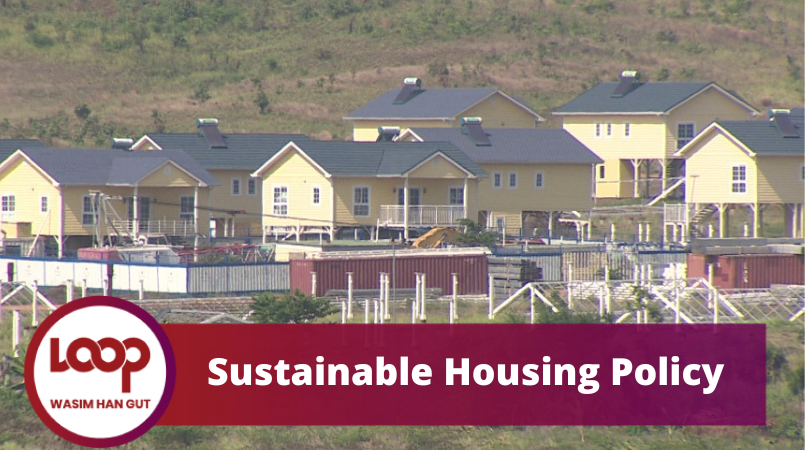
The Government’s strategic role as a regulator is critical to address the structural impediments that have constrained the housing sector in Papua New Guinea.
The National Research Institute (NRI) in its recent publication on national housing policy, said the government as a regulator, undertakes a facilitative role in providing an enabling environment that will develop the housing market to ensure Papua New Guineans are properly sheltered.
The NRI report states the government should focus on alleviating the following structural impediments that have distorted the housing market in PNG:
- Inadequate trunk infrastructures;
- High costs of building materials;
- Outdated and inconsistent regulatory structures and administrative procedures;
- Contestability of property rights; and
- Monitoring the activities of the private sector in the interest of the consumers.
The NRI Spotlight Vol 15, Issue 9: The strategic role of the government in a sustainable national housing policy in Papua New Guinea by Dr Lindsay P. Kutan of PNG NRI, focuses on the government’s role in addressing the shortages of affordable housing in the urban areas of the country.
The spotlight article highlights the following three fundamental areas for the government to consider:
- Sustainable house sector conceptual framework;
- Key structural impediments to housing market; and
- Government – needed interventions.
The current review of the National Housing Policy (1994) provides an opportunity to embrace the role of the government as a regulator.
The report states that this is critical, as structural impediments have constrained the growth and development of the housing sector.
The Publication can be accessed on the PNG NRI website https://www.pngnri.org.
